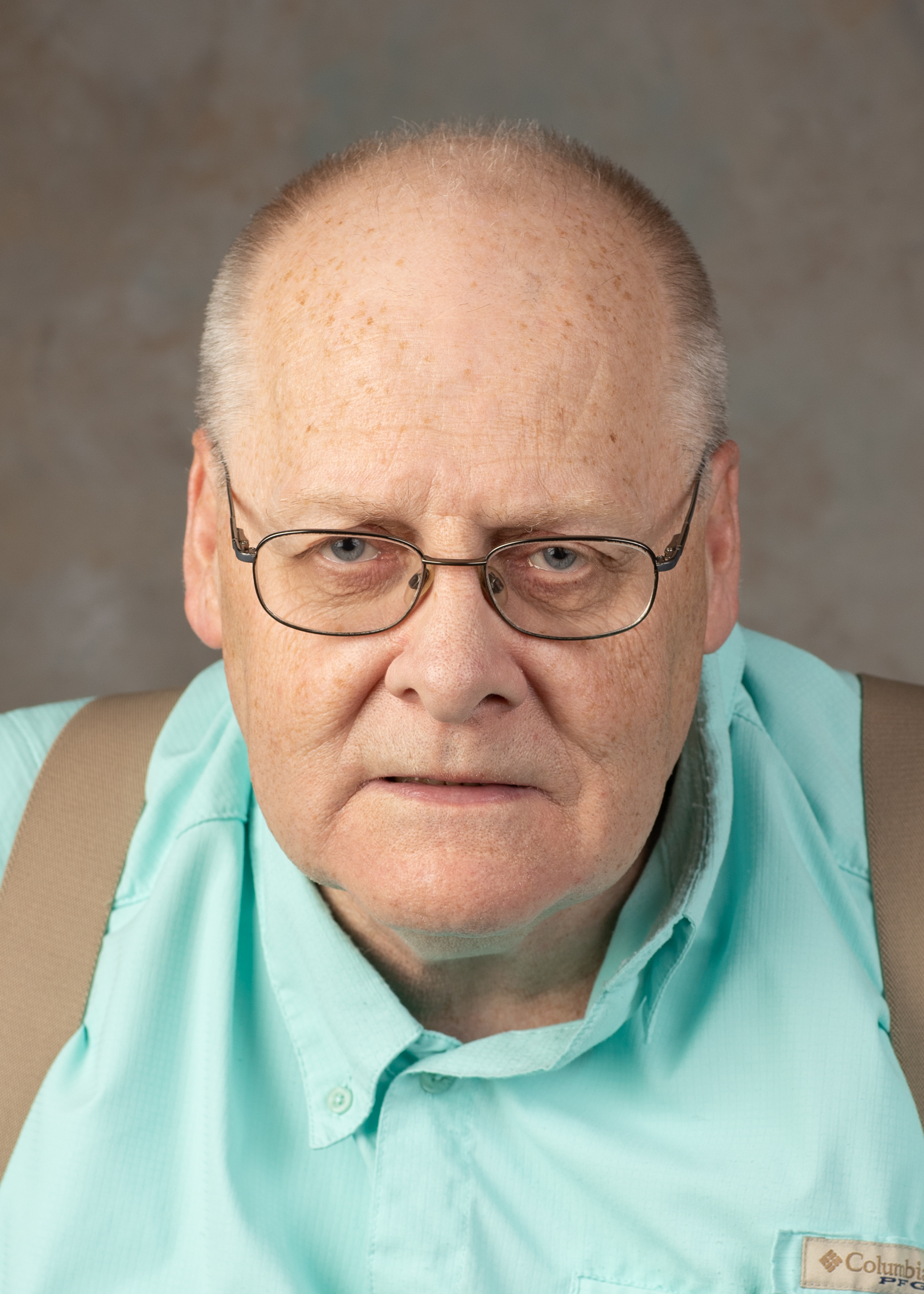By Greg Markley
In a classic Folgers commercial, an Army sergeant gets up early to make coffee for his unit. “Top” arrives and the NCO says: “Good morning, first sergeant.” They both smile and sip coffee. Then comes the theme: “The best part of waking up is Folgers in your cup.”
When teaching at Fort Benning, I mentioned that ad if someone said “I don’t do politics.” The commercial has elements of duty (respect for superiors) and office politics (activities or behaviors used to get or keep power or an advantage within a business.) “Being political” at work is more common than people admit. Yet, sadly, citizen participation in local and state politics is very low.
Here’s a welcome exception: Citizens from all over Lee County backed by their elected officials derailed a problematic granite quarry project just outside Opelika. The Creekwood Resources quarry likely would affect the Saugahatchee Watershed. That is where Opelika gets most of its water. In addition, the proposed location for the quarry was near many schools, with implications for air quality.
“They (Creekwood) were caught somewhat by surprise at the amount of resistance and the number of people that opposed the quarry,” Opelika Mayor Gary Fuller told WSFA. “I think there were over 2,000 letters written to ADEM opposing the quarry asking for a public hearing.”
Notwithstanding the success with the quarry, citizens appear to be swimming in news but not finding time to participate in public affairs. A New York Times story last November was entitled: “No One Believes Anything’: Voters Worn Out by a Fog of Political News.” The culprits identified by writers Sabrina Tavernise and Aidan Gardiner are: social media; too much information online, some of it deceptive; and a tsunami of partisan news.
What, then, makes a good citizen? John Gramlich, senior editor at Pew Research Center announced in early 2018 that voting, paying taxes, and following the law scored highest on the list.
In Pew Center research, 74% of those interviewed said voting in elections was very important to what it means to be a good citizen; 71% said it’s best to pay all the taxes they owe; and always following the law 69%. These are good news, but discouragement is found in low scores in the last three citizenship traits. The third lowest score was 49% negative on “Follow what happens in govt. and politics.” In practical terms, this means people may be voting blind, just guessing as they pick candidates, or voting a straight party ballot.
The second lowest score was 45% negative “Protest if you think govt. actions are wrong.” This is not the Sixties as people often say. Many people don’t want to get involved in political matters. Finally, the bottom score was 36% for “Display the American flag.” This illustrates that a large majority of Americans are too lazy, too unpolitical, too afraid, too-anti-symbols, or too self-centered to fly a flag at home, or even wear a miniature flag as the post-911 politicians do.
Robert Putnam, author of “Bowling Alone,” about social dislocation, was on-target when he said: “Busy people tend to forgo the one activity – TV watching that is most lethal to community involvement.” I have known so many people who say they are too busy to vote, to be an eyewitness to a commission meeting, or to experience for the first time a city council meeting. Then you find out they “must” stay home for a silly sit-com or wretched reality show.
Eitan Hersh, a political scientist at Tufts University, created the term “political hobbyists” for college graduates who think they are well-into politics but actually are armchair citizens. Hersh believes that “College-educated voters are ruining American politics” and that “political hobbyism is to public affairs what watching ESPN’s Sports Center is to playing football.”
“Political hobbyists follow the news and debate the latest developments on social media, Hersh wrote in The Atlantic issue of January 20, 2020. They might sign an online petition or throw a $5 online donation at a presidential candidate. Mostly, they consume political information as a way of satisfying their own emotional and intellectual needs.”
These hobbyists, most but not all of whom are Democrats or liberals, were surveyed in 2018. They said consuming news accounts for 41% of their time, with 26% for discussion and debate and 21% contemplating politics alone. 10% of the time was unclassifiable, and they only spent 2% with voluntary political organizations. In the election year of 2016, they talked a lot about politics but most did not attend one political meeting. Did they even deign to vote? (That question was not asked.)
I got interested in politics as a seven-year-old when the president was assassinated. That was JFK, not Lincoln! It was a terrible time for me, America and the world. But as I watched the honors and his burial, I decided I wanted to write about politics. I succeeded. Sometimes on my free time, I even go to public meetings. President Kennedy said: “All mothers want their son to become president, but they do not want him to become a politician.” Very interesting.
Greg Markley has lived in Lee County for 18 of the past 23 years. An award-winning journalist, he has master’s degrees in education and history. He has taught as an adjunct in Alabama and Georgia.

